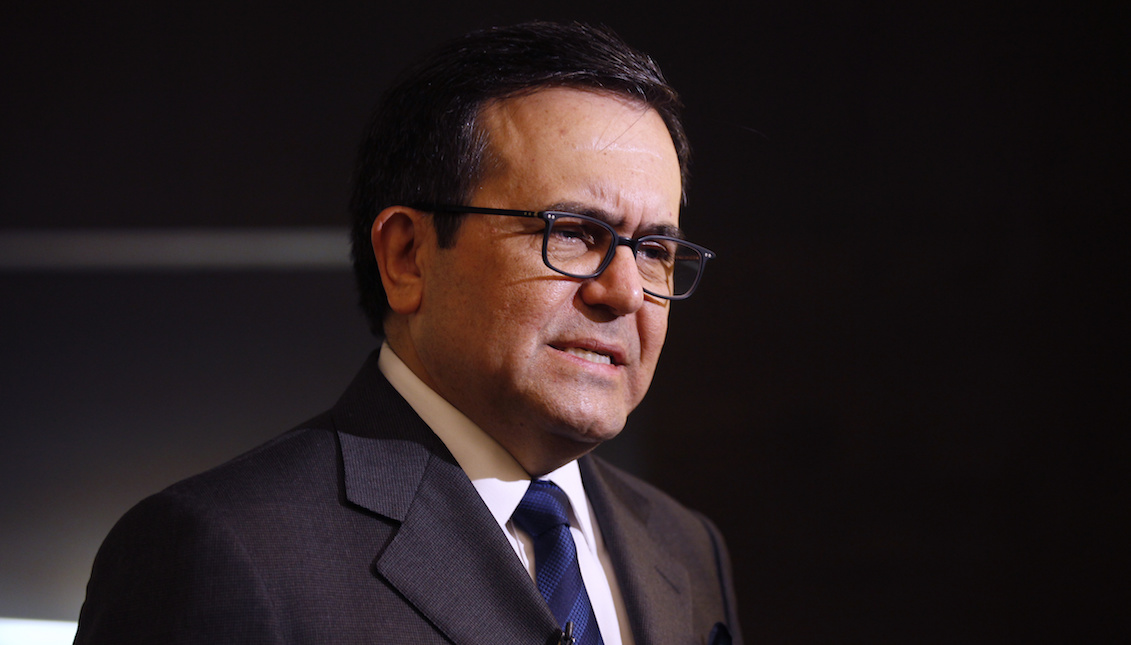
NAFTA’s negotiation is back in the table
The United States has made clear its position for a renegotiation of the North American Free Trade Agreement, trying to prevent a foreign exchange manipulation.
United States proposes but the rest of the countries dispose? This appears to be the case with the new negotiations to revise the North American Free Trade Agreement, an agreement with which President Trump has disagreed from the beginning.
Under threat of withdrawal from the treaty, Trump demanded "fair treatment for all," during the first months of his administration, signing an executive order on April 29 by which he ordered the Commerce Department to study the trade agreements in force to determine whether the United States' participation was being fairly paid or not, especially by "its trading partners and the World Trade Organization."
But, once again, the insight of the American president is a little out of focus. As economics professor Gordon Hanson told the New York Times at the time, “without the ability to move lower-wage jobs to Mexico we would have lost the whole industry", referring to the president's "returning jobs" to the Americans and his campaign against the auto industry.
With China's integration into the World Trade Organization in 2001, demand and competition in the automotive industry has been much more difficult, and Asian technological development is not a small competitor.
Despite this logical reasoning, the discourse of the new administration continues to seek an enemy abroad, especially if it is close to its borders.
This time, the United States seeks to "reduce the trade deficit by improving the access of goods manufactured in the country to the markets of Mexico and Canada," Reuters reported.
The main concern of the US government, as detailed in a document sent to Congress, is the possible manipulation of the exchange rate by one of the countries that are part of NAFTA.
RELATED CONTENT
US Trade Representative Robert Lighthizer said he would seek to "eliminate a trade dispute mechanism that has prevented this country from initiating suits against subsidies and dumping cases by Mexican and Canadian companies," the report continues.
For its part, Mexico has received the demands of its neighboring country and is ready to start the negotiation process during the month of August, according to the Ministry of Economy.
"The Mexican government welcomes this news as it will help define more clearly the issues to be negotiated and the times in which the modernization process will take place," the Mexican government statement said.
The concern of the Central American country is that of a reduction of the trade between the member countries of the Treaty. "I have insisted that we gladly review trade balances as we focus on how to improve them through trade expansion, not through the reduction of trade," said Ildefonso Guajardo, head of Mexico's Economy Ministry.
Given the US position, China has seen the opportunity to improve relations with both Mexico and Canada, a scenario that would significantly affect trade relations in the region.
For all intents and purposes, the isolationism of the Trump administration could be the gold mine of the Asian superpower that, since the announcement of the United States' withdrawal from the Paris Agreement, has redesigned its career in international trade.











LEAVE A COMMENT: